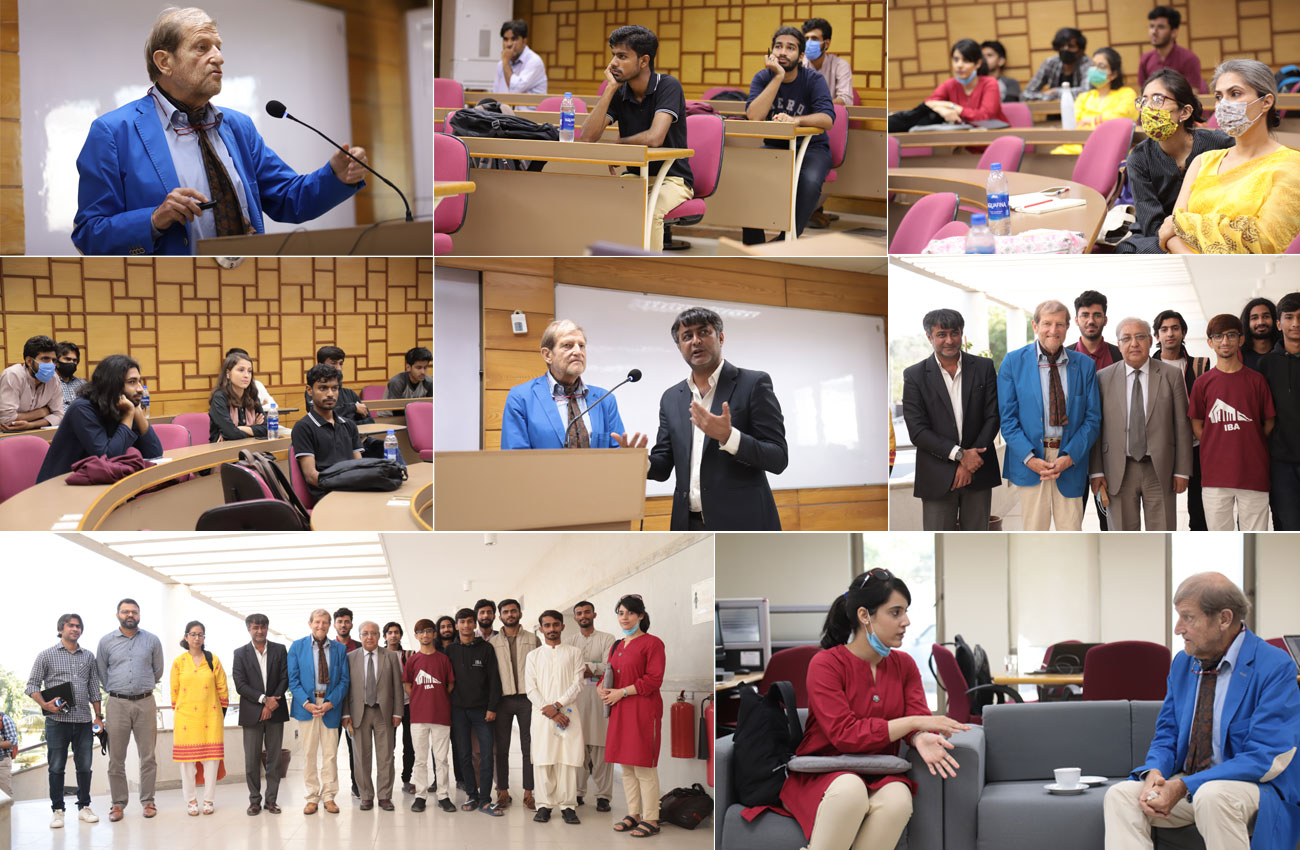Dr. Chang's session on A Tapestry of Languages and Cultures in the Indus Valley
November 06, 2021: How do we think about the languages and cultures of Pakistan other than Urdu and English? Although Pakistan has many languages and cultures, these two are the most privileged. Little attention is paid to other languages, even though they are spoken by the majority of the country's population. This seminar series aims to bring the diverse cultural and linguistic voices of Pakistan into perspective. What are the histories, cultural narratives, folktales, and musical and poetic traditions of these languages? What place does Sindhi, Balochi, Persian, Saraiki, Punjabi, Pashto, Dari, Burushaski, Dhatki, Kalasha-mun, Brahui, Shina, or Kashmiri occupy in the unique tapestry of languages and cultures of the Indus Valley?
This seminar invited scholars of social sciences, liberal arts, humanities, ethnomusicology, history, and languages to present engaged research through informal, narrative-style presentations and discussions with participants. This session was held both on Zoom and physically.
“Persian and Its Currency in South Asia”
Persian has enjoyed a respectable place in South Asian culture for centuries; its roots go much deeper in history than commonly perceived. The Indo–Iranian language connection is an area where much work could be undertaken; however, in the recent past, there is definitive evidence of Persian influencing literary tradition.
Archaeological finds are confirming the influence of the language and culture over the day-to-day affairs, social norms, and administrative affairs of the Indian subcontinent. The evidence of the currency of Persian in an archaeological context is available in the necropolis of Makli, and it shall help us understand its place in a modern perspective.
Dr. Kaleemullah Lashari is a scholar of applied archaeology. He has worked in the public sector in various capacities, including heritage-related departments. He has published widely and attended global forums to discuss solutions to the challenges faced in the fields of archaeological exposition, conservation of physical heritage, archives, and literary heritage. He earned a PhD from the University of Karachi and conducted postdoctoral studies as a DAAD Fellow at the Islamic Arts Museum, Berlin. He was also a postdoctoral fellow in the Department of Anthropology at the University of Wisconsin, Madison, USA, in 2005 and 2006. A practicing conservation scholar, he has conserved and adapted a good number of old buildings for museums and other public uses. He is the chair of the Mohenjodaro Technical Consultative Committee.
This seminar series is organized by the School of Economics and Social Sciences (SESS) of the Institute of Business Administration (IBA), Karachi. Dr. Abdul Haque Chang has managed this language and culture seminar series.
